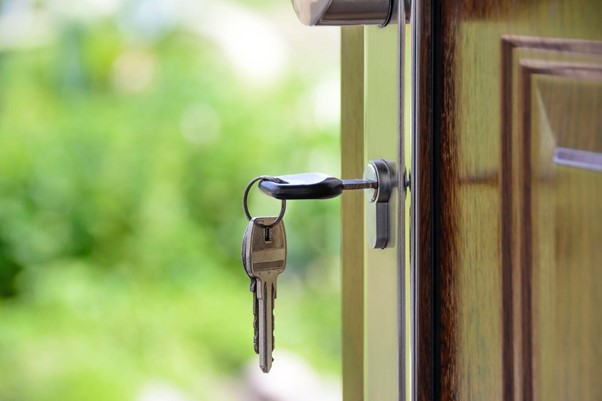Three focuses of my blog are Financial Literacy/Money, Business/Entrepreneurship and Home/Property Discussions. It be very lucrative and rewarding to let (rent) properties to tenants. It can be a complex game though and there are keys to being successful. The following contributed post is entitled, What You Need To Know Before Buying A Property To Let.
* * *
Renting out your property is a great way to make some extra money. It can also be a great source of passive income if done right. However, before you venture into the world of property letting, there are a few things you need to know.
While buying a property to let may sound like an easy way to make money, it also comes with great responsibility. You will need to be on top of upkeep and repairs, find tenants that will pay the rent on time, establish good relationships with your tenants, and more. For anyone considering this move, here are some tips for getting started.

Finding The Right Property
Finding the right property to buy is the first step. You need to be sure that the area you’re buying in is lucrative with high demand. This will help you get more for your money when it comes time to sell. Also, before purchasing any property, you need to do some research on the area. Look into how many rental properties are available in the area and what they are renting. If too many properties are rented at below-market rates, this might not be an excellent place to buy.
Knowing Your Responsibilities
Owning a property to let comes with many responsibilities. It’s not as simple as collecting rent and being done with it. You have to be willing to deal with situations that arise – from tenants who don’t want to pay the rent, to problems with upkeep and repairs, to finding new tenants when someone moves out. Read this post by Candea Development, where they discuss how to make sure you are buying the right property for the right reason.
Before you buy a property for rental purposes, think about how you will manage the responsibilities of being a landlord. Do you have time? Is your budget in order? Will you have the energy and patience needed to work with renters over the long term? In addition, find out what your state laws say about renting properties before you buy. Some states may require that landlords obtain a license or certificate before renting their properties.
What Are Your Tax Obligations
Before buying a property to let, you’ll need to know your tax obligations. As an owner of the property, any income generated from renting your property is considered income for you. This means that you will be responsible for paying taxes on the rental income. You will also need to pay taxes on any capital gains if you sell the property. Investing in a property for rental purposes may not be worth it if you don’t want to incur more tax liability.
Run The Numbers
When looking at a property to let, you must know the numbers. You will want to do a rent vs. buy calculation to figure out if renting a house is a better option than buying it. Try to estimate how much you will need to maintain the property, and remember that this number will increase with time. Estimate how much rent you can expect from the property and compare it with what your monthly mortgage payments might be after the purchase. Remember that owning a house is not just about making money – it is also about being responsible for someone else’s home.
Are You Ready For The Commitment Of Being A Landlord
When you rent out your property, you become responsible for repairs and upkeep, ensuring that the rent is paid on time, and maintaining good relationships with your tenants. You will also be required to pay taxes on any income received from the property. If this sounds like something you’re prepared for, consider buying a property to let! It’s essential to think about whether you’re ready for the commitment of being a landlord before you buy a property.

